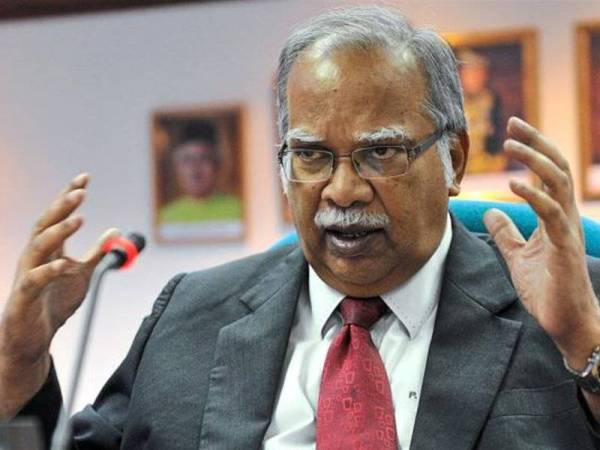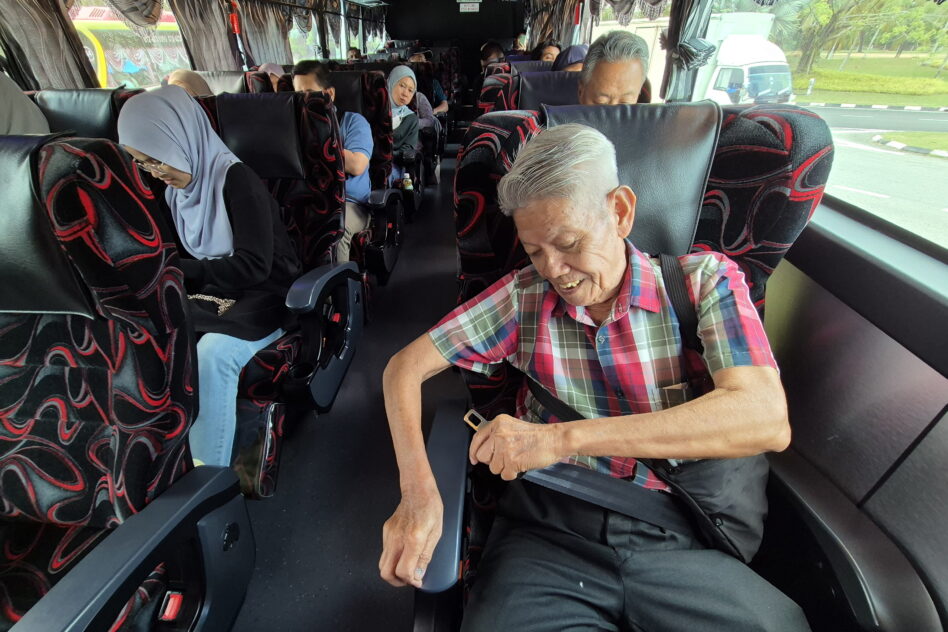TAKING and passing science-related subjects is the key to Technical and Vocational Education and Training (TVET), said Penang DAP deputy chairman Prof P. Ramasamy.
He said there is a decline of students in school taking science-related subjects as preference seems to be for arts subject on grounds of their non-difficulty.
“The teaching of science subjects in school has unfortunately become bureaucratic and pedantic, and while science subjects are not difficult, there is a lack of passion in the teaching of these subjects,” he remarked in a statement today (July 17).
“Science is not merely about subjects such as mathematics, physics and chemistry but is about the way we think and act in society to further our knowledge about our immediate and the larger environment.”
Ramasamy pointed out that science education is not simply about hard sciences but spans the entire spectrum of knowledge including the arts and social sciences.
“It’s about time the government considers the seriousness of introducing basic courses in the philosophy of sciences,” he added.
Reforming school education system
According to Ramasamy, while the unity government seems to be on the right track in advancing TVET programmes in the country, the TVET education cannot be sped up without reforming the school education system.
“As taking and passing science related subjects is the key to TVET education, the artificial separation of students into science, arts and vocational programmes must be rethought and reevaluated,” he remarked.
He noted that the separation of academic and vocational education in the school system is what had contributed to the creation of talent deficit in the country.
This is because students who are channelled into vocational schools being those who are academically deficient while good students are put on the path of tertiary education, he added.
“The artificial separation of science and arts and the movement of weak students to vocational schools contributed to the creation of talent deficit in the country,” Ramasamy asserted.
“Tertiary education in universities and colleges might contribute to the creation of talents but it is a time-consuming process and moreover tertiary education even in the sciences might not be congruent to the changing needs of the industry.”
He said government-linked vocational schools might not be in keeping with the needs of the industry and this is where TVET education comes in as relevant and timely.
“TVET education is guided by the needs of the industry, and in other words, those who gain education in TVET-related courses either at the certificate or diploma level can be readily employed by the industry,” he pointed out.
Yesterday Prime Minister Datuk Seri Anwar Ibrahim said the country needs to improve its labour force’s TVET to produce more skilled workers that would attract more foreign investors.
He said his recent meeting with the management of Tesla and Geely of China has shown that Malaysian manpower is skilled, disciplined and is multilingual, but added that its educational strategy for TVET can be strengthened further.
He further noted that with better skills, TVET graduates in Malaysia can command a higher salary, adding that the training provided by TVET institutions like Penang Skills Development Centre (PSDC) is relevant to the industry needs.
“If TVET students continue to improve their skills like the training provided by PSDC, they will be able to get salaries of between RM2,500 and RM3,000,” he said. – July 17, 2023









